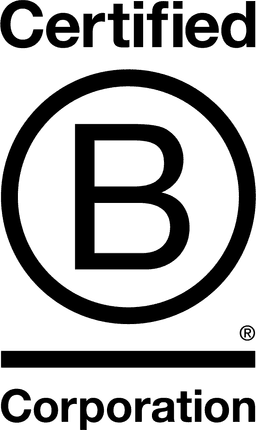

THE PIG Hotels

Hampshire, United Kingdom
June 2024
Accommodation
Service with Significant Environmental Footprint
United Kingdom
At heart, THE PIGs are restaurants with rooms where everything starts with the Kitchen Garden. Our Gardeners and Chefs work hand-in-hand to create menus brimful of the freshest seasonal flavours. What we can’t grow ourselves, we source from our local heroes, the best farmers, fishermen and foragers we know – it’s the foundation of our 25 mile menu. We are obsessive recyclers and restorers: from vintage fabrics and china to DIY on-site smokeries and upcycled chicken sheds, we love anything home-made and ultra-local. Rooted in some of the most stunning parts of the English countryside, the places that we are lucky enough to call home are pretty special – endless things to do and see, tight-knit communities and loads of talent all around. Each of our eight PIGs is totally different - we always go with the grain of the place, taking our lead from the spirit of the building to create somewhere that feels lived-in and well loved. The bedrooms are pretty comfy, too!
Overall B Impact Score
Governance 14.9
Governance evaluates a company's overall mission, engagement around its social/environmental impact, ethics, and transparency. This section also evaluates the ability of a company to protect their mission and formally consider stakeholders in decision making through their corporate structure (e.g. benefit corporation) or corporate governing documents.
What is this? A company with an Impact Business Model is intentionally designed to create a specific positive outcome for one of its stakeholders - such as workers, community, environment, or customers.
Workers 27.2
Workers evaluates a company’s contributions to its employees’ financial security, health & safety, wellness, career development, and engagement & satisfaction. In addition, this section recognizes business models designed to benefit workers, such as companies that are at least 40% owned by non-executive employees and those that have workforce development programs to support individuals with barriers to employment.
Community 19.2
Community evaluates a company’s engagement with and impact on the communities in which it operates, hires from, and sources from. Topics include diversity, equity & inclusion, economic impact, civic engagement, charitable giving, and supply chain management. In addition, this section recognizes business models that are designed to address specific community-oriented problems, such as poverty alleviation through fair trade sourcing or distribution via microenterprises, producer cooperative models, locally focused economic development, and formal charitable giving commitments.
Environment 18.2
Environment evaluates a company’s overall environmental management practices as well as its impact on the air, climate, water, land, and biodiversity. This includes the direct impact of a company’s operations and, when applicable its supply chain and distribution channels. This section also recognizes companies with environmentally innovative production processes and those that sell products or services that have a positive environmental impact. Some examples might include products and services that create renewable energy, reduce consumption or waste, conserve land or wildlife, provide less toxic alternatives to the market, or educate people about environmental problems.
Customers 2.8
Customers evaluates a company’s stewardship of its customers through the quality of its products and services, ethical marketing, data privacy and security, and feedback channels. In addition, this section recognizes products or services that are designed to address a particular social problem for or through its customers, such as health or educational products, arts & media products, serving underserved customers/clients, and services that improve the social impact of other businesses or organizations.